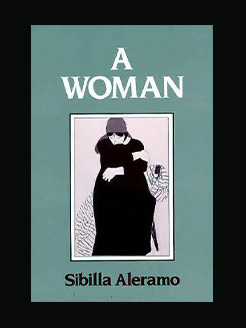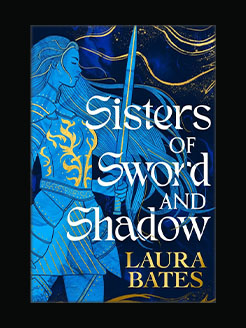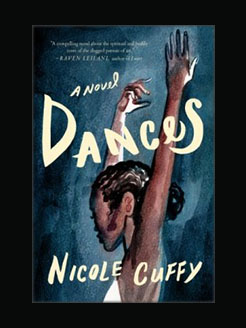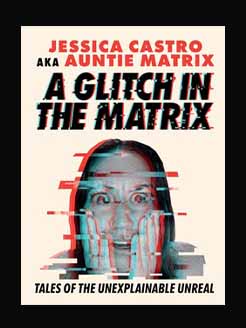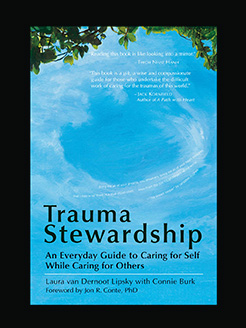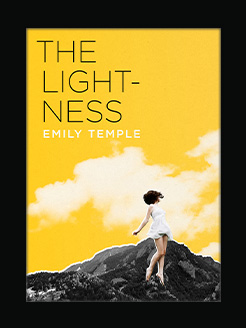Published in 1991
248 pages
Elizabeth Ammons is an American literary scholar, currently the Harriet B. Fay Professor of Literature at Tufts University.
What is this book about?
The early 1890s through the late 1920s saw an explosion in serious long fiction by women in the United States. Considering a wide range of authors–African American, Asian American, white American, and Native American–this book looks at the work of seventeen writers from that period: Frances Ellen Harper, Charlotte Perkins Gilman, Sarah Orne Jewett, Alice Dunbar-Nelson, Kate Chopin, Pauline Hopkins, Gertrude Stein, Mary Austin, Sui Sin Far, Willa Cather, Humishuma, Jessie Fauset, Edith Wharton, Ellen Glasgow, Anzia Yezierska, Edith Summers Kelley, and Nella Larsen. The discussion focuses on the differences in their work and the similarities that unite them, particularly their determination to experiment with narrative form as they explored and voiced issues of power for women. Analyzing the historical context that both enabled and limited American women writers at the turn of the century, Ammons provides detailed readings of many texts and offers extensive commentary on the interaction between race and gender. This book joins the deepening discussion of modern women writers’ creation of themselves as artists and raises fundamental questions about the shape of American literary history as it has been constructed in the academy.
